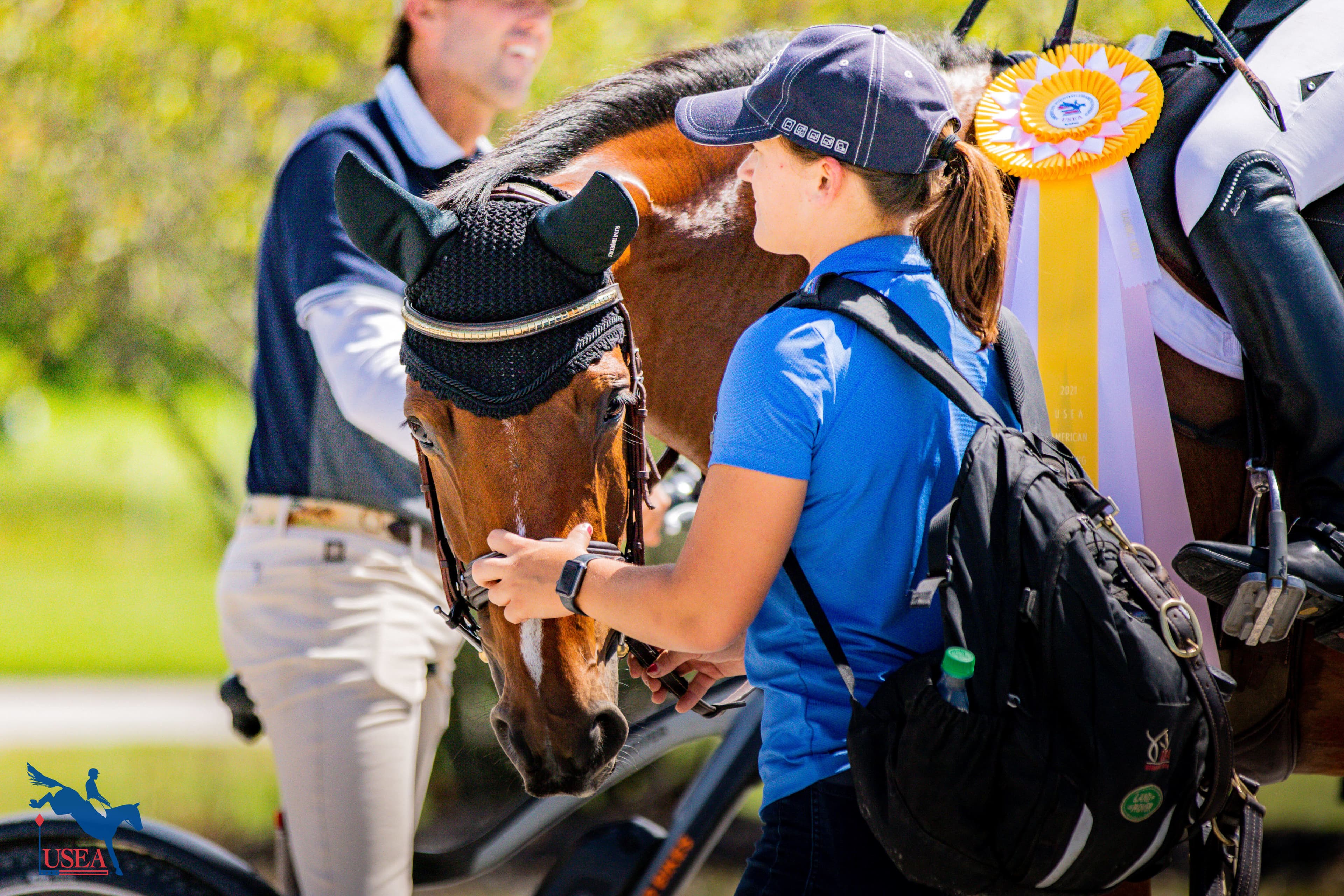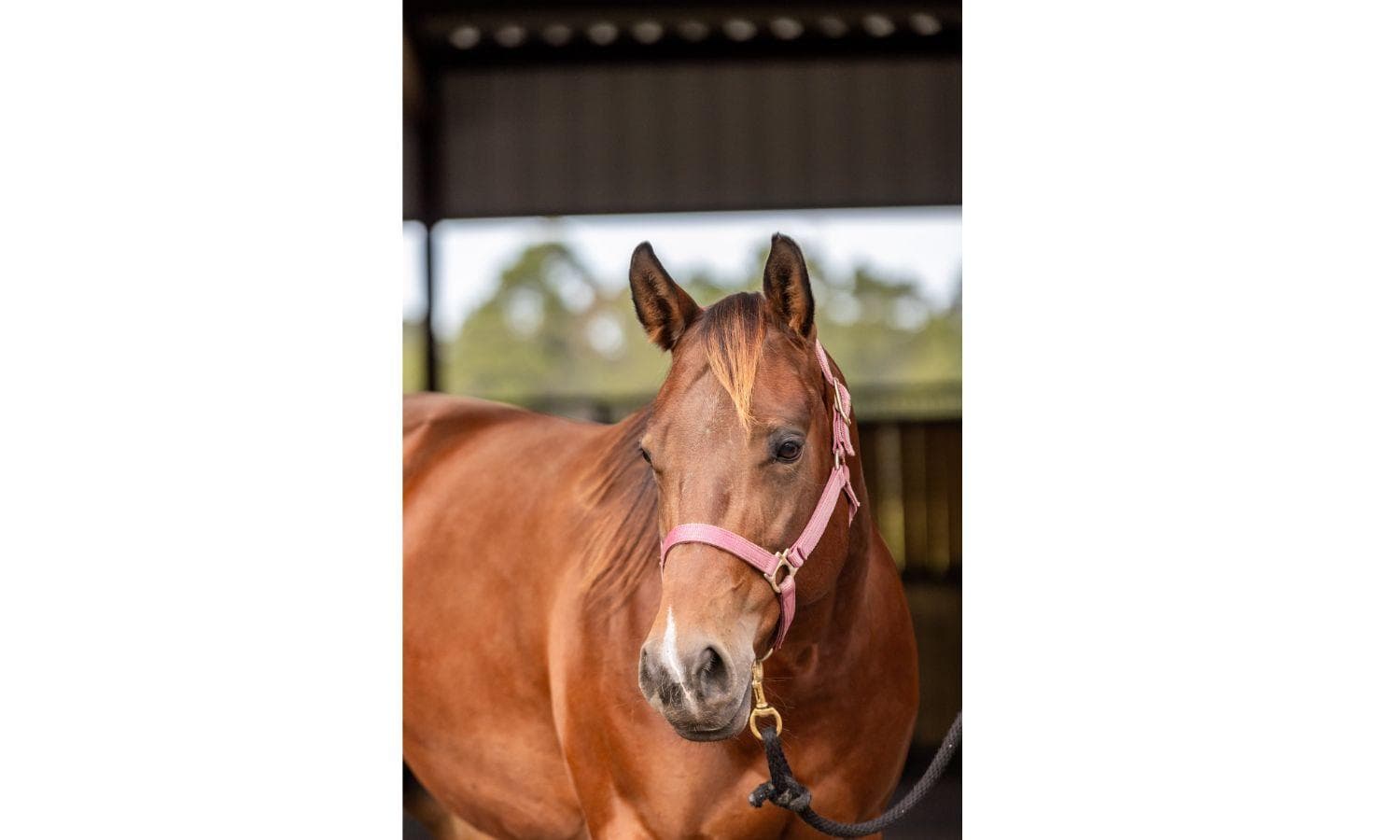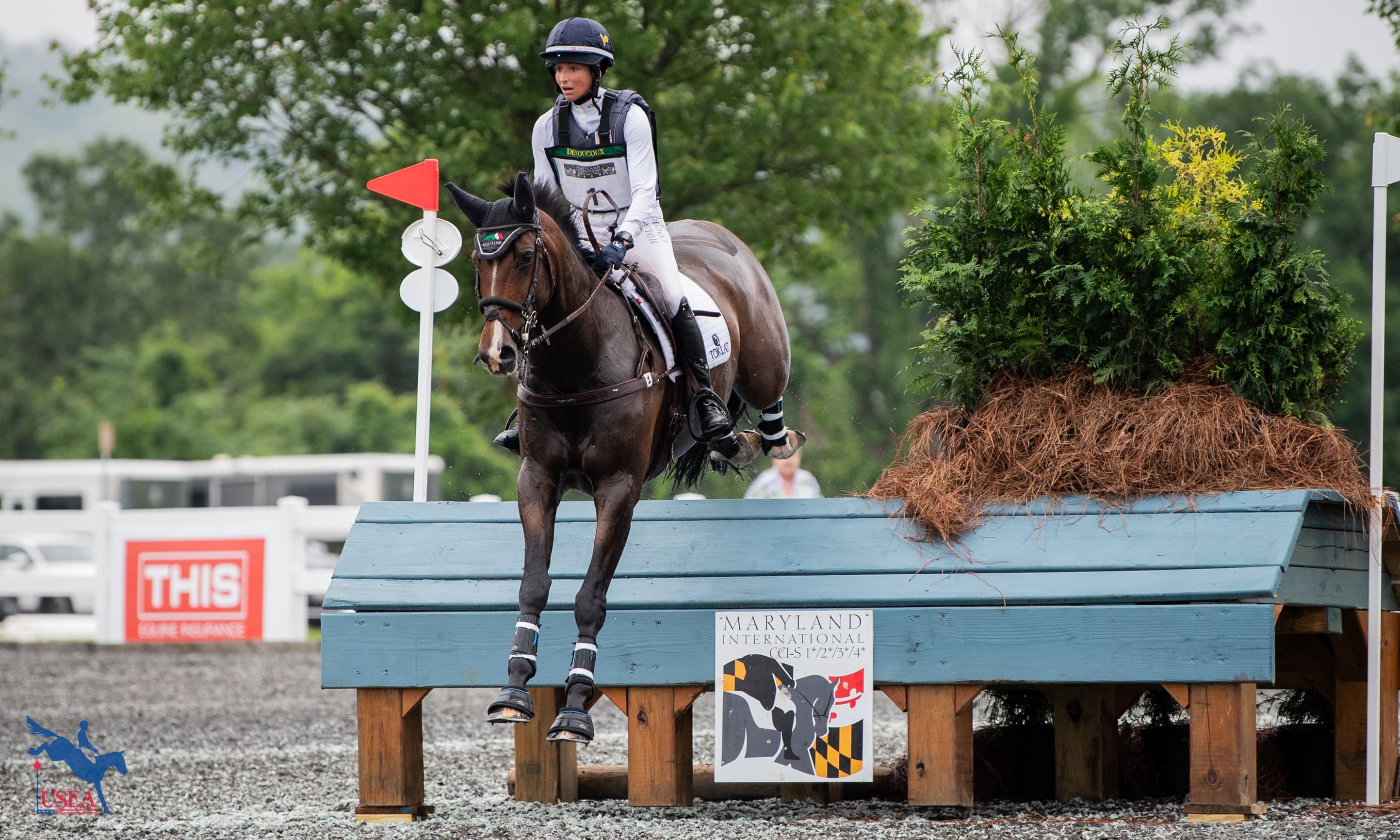Pressure Proof with Daniel Stewart: Who, What, When, Where, Why

Curiosity and inquisitiveness are signs of resilience because mentally tough riders continually seek answers to questions that might otherwise bother them. They continually ask the kind of questions that help them to replicate successful efforts; while also asking the kind of questions that help them to learn from, and avoid replicating unsuccessful ones. These self-directed questions become one of their greatest assets because they provide them with the valuable feedback needed to grow from every experienced, both good and bad. Without these questions, much of the learning that learning opportunities can deliver are simply left undelivered. In the world of sports psychology, it’s kind of like the opposite of Amazon Prime!
Strangely, curiosity and inquisitiveness can also be considered a sign of mental frailty or a sign of doubt and despair. But how can that be? How can one tool yield two such different outcomes when used by two different riders? How can one tool be considered both good and evil at the same time? Well, the answer doesn’t lie in the curiosity and inquisitiveness itself, but in the different kinds of questions the different kinds of riders ask.
You see, some questions actually increase the likelihood of creating positive answers (leading to learning) while others increase the likelihood of creating negative answers (leading to doubt or despair). The trick to figuring out which leading questions you tend to ask is to simply pay attention to the word you select to start your question because the first word of any question almost always dictates whether the response you’ll get will be helpful or hurtful!
Before I give you a few tips on framing your questions, let me first tell you how your brain handles self-directed questions. It starts by listening to your questions and then it seeks out appropriate answers for them. For example, “what can I do to relax” is often answered by, “take a few deep breaths.” But what happens when you start your question with the word why instead of what? “Why can’t I relax” might just be answered by, “because I’m so afraid of losing!” See how the first question led to a productive answer, but the second led to a destructive one? It’s all in how you ask your questions because the kind of questions you ask ultimately lead to the kind of answers you’ll get!
Here are a few tricks to ensure your questions lead to the best answers:
• Start questions with what because they help direct your attention towards solutions. For example: “What did I learn from the loss?” might be answered, “I’ll keep my eyes up next time.”
• Avoid starting questions with why because they tend to direct your answers towards a problem. For example: “Why did I lose?” might be answered, “Because everyone’s better than you!”
• Avoid starting questions with when because they tend to direct your answers towards an unknown. For example: “When will I learn to canter?” might be answered, “Who knows, as soon as I stop being a wimp!”
• Limit how often you start your questions with who because it distracts you from you. For example: “Who’s going to win today” might be answered, “Probably not me.”
As you can see, the kind of answer you get is often determined by the kind of questions you ask. Set yourself up for success by spending most of your time thinking in terms of “what you can do” rather than “why something happened”, “when something will happen”, or “who else it will happen too!"
I hope you enjoyed this month's Pressure Proof tip and that I’ll get the chance to teach you in my upcoming spring and summer clinic tours. If you’re a visual learner and would like to watch five really upbeat and educational mental coaching lectures just click here.














